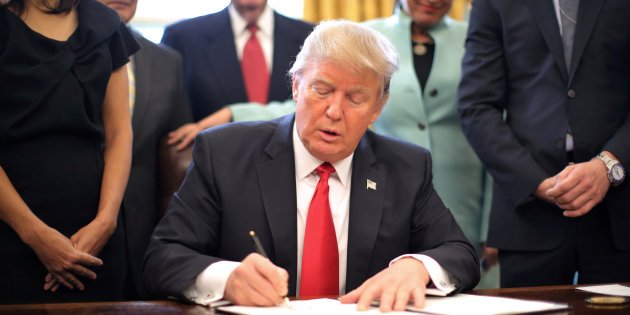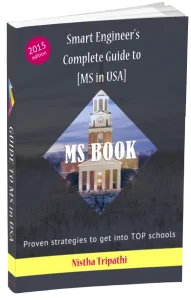Why is Trump after H-1Bs?
Trump has political pressure to get back jobs for Americans – can act upon that. This has been worsened by Disney’s lawsuit where an American employee who was laid off sued that tech companies are not hiring foreigners on H-1B because they cannot find that talent in US but they are hiring them because of low wages.
H-1Bs are the most coveted work visas: In 2016, the US Citizenship and Immigration Services announced that they received 2,36,000 H-1B petitions within five days of opening the process, more than thrice the number of mandated cap of 65,000 in the general category.
What are the proposed changes to H-1B visa norms?
As per HindustanTimes, following changes has been suggested in recent bills-
- Doubling minimum salaries of H-1B visa holders to $130,000
- Earmark 20% of H-1B visas for small and start-up employers
- Remove ‘per country’ cap for employment visas to ensure equal distribution
- Firms hiring H-1B visa holders need to make a “good faith” effort to recruit Americans first
- Give preference to students educated in the US for H-1B visas rather than computerized lottery system
- Crack down on outsourcing companies that import workers for temporary training and then send them back home to do the same job
- Prohibit spouses of H-1B visa holders from working in the US
- Prohibit companies with more than 50 employees, of which at least half are H-1B or L-1 holders, from hiring additional H-1B employees
- Strict audit and vetting by Department of Labor to clamp down on fraud or misuse
Should international students be worried?
There has been hue and cry over H-1Bs in the past as well but anti H-1B laws never passed. In fact, OPT 24 months extension was a big boost for international students. But it does not mean that the new law cannot pass. H-1B for international students on F1 is a different case from people getting H-1B via TCS/Infy etc (as is evident from some of the proposed reforms above). That said, what can hurt international students-
1. raising of minimum H-1B wages significantly. This directly impacts recruiting.
2. removing OPT extension.
Making it too tough will definitely antagonize Tech industry which itself is a non-trivial lobby. However, it may take some time before we see the opposition able to make a significant impact or pressurize Trump in the opposite direction. I am more worried short term than long term.
In summary, I am not saying that things are all hunky dory and there is nothing to worry but unless this law gets passed, it doesn’t matter. Just like his ban on 7 nations is still in a state of confusion (with federal court ruling against his ban but executive order still prevailing) – things are murky. Let’s wait and watch. So, please be patient.
What I have heard about campus placements so far?
1. UMCP MIS has seen decline in companies sponsoring H-1Bs
2. A student seeing a decline in campus placements and H-1B sponsorships at NCSU.
3. Another student was more neutral about her MSBA program at ASU. She will inform once the fulltime recruitment begins this semester.
4. A student who recently graduated and is on OPT has not reported any negative news in his company yet.
5. A Harvard CS student is less fearful – ‘I’ve had emails this week from 3 different companies asking me if I’m interested in full-time positions starting after spring. It will definitely have some negative impact, but if you’re good and try hard enough, I’m pretty sure you’ll be able to find a job.’
6. One ECE student from TAMU – ‘During career fair last week most of the companies were particularly asking about sponsorship requirement which I haven’t heard that much during the career fairs conducted last semester.’
I will keep you updated on what I get to know – I am not taking sides yet but bracing up for a tough ride if Trump goes rogue 🙂
This post was originally posted on our Fb group for MS internships and jobs.




No comment yet, add your voice below!